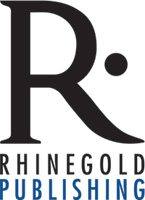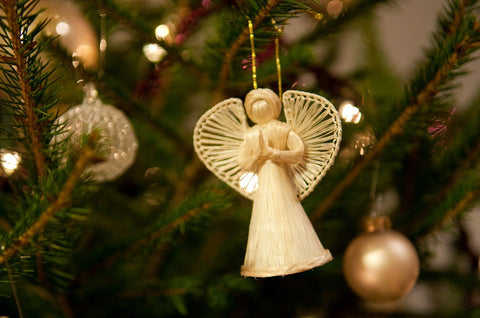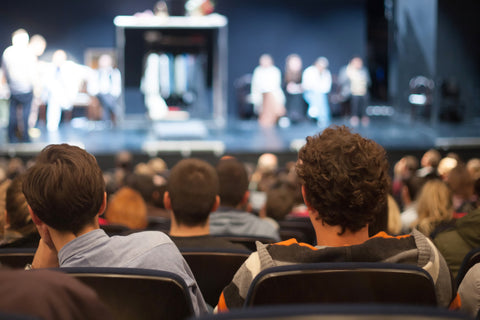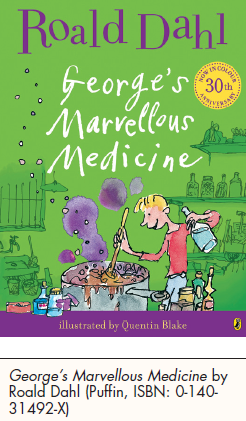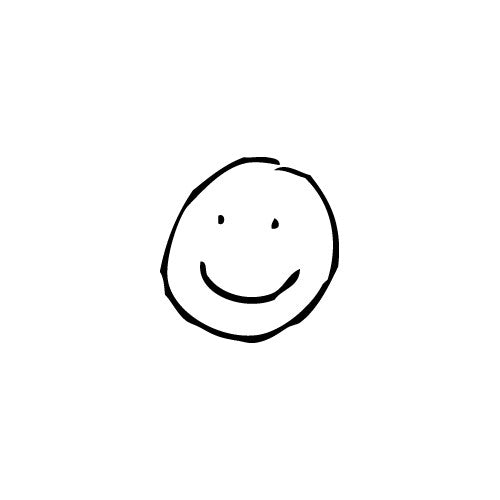
Face, by Benjamin Zephaniah
£14.95
Benjamin Zephaniah is known firstly as a poet, rather than a writer, and claims he ‘cannot remember a time when he was not creating poetry.’ Zephaniah’s poetry is often inspired by Jamaican poetry and music, as well as what he refers to as ‘street politics’.
Zephaniah moved to London, aged 22, when his first book, Pen Rhythm, was published. The book sold well but Zephaniah really caused a stir with his performances and his popularity began to increase. Zephaniah was able to perform not only on stage but also on TV; he wanted the image of poetry to move away from its stuffy, academic, elitist image and make it popular with the masses. Zephaniah’s poetry was ‘political, musical, radical, relevant and on TV,’ where everyone could access it.
The eighties saw punks and Rastas united against social issues such as unemployment, homelessness, people’s rights and racism, and Zephaniah’s poetry was part of the soundtrack. Although the nineties saw Zephaniah’s popularity grow further, he concentrated on performing outside of Europe, specifically in places where the oral tradition is still prevalent.
Zephaniah is also an acclaimed children’s poet and Talking Turkeys, his first book of children’s poetry, was a massive hit when it was first published, needing to be reprinted after only six weeks. It stayed at the top of the children’s’ book list for months. In 1999 he wrote the first of his novels, Face, which proved that teenage boys would read if they had access to books they could identify with. Face was followed by Refugee Boy, Gangsta Rap and Teacher’s Dead.
Zephaniah’s novels are gritty, realistic novels about the lives of teenagers, though these novels are directed to adults as much as they are to teenagers. He believes that, for the most part, teenagers know what they are going through, but adults need reminding; they have short memories.
Although Face can work well with younger students, when writing this scheme of work I had Year 9 predominantly in my mind. As Richard Conlon states, they are beginning to become adults and many of them certainly have a heightened awareness of how they look, who they are and how they fit in. This consciousness makes Year 9 an ideal group to work with but also makes this tricky as for all the self confidence and assurance many Year 9s have, just as many (possibly the same students) are sensitive, fragile and painfully unsure of themselves. As with any scheme of work, you assess what you can do and how you can do it with individual classes, and tailor this scheme to your individual needs. I am using references from both the play text and the novel.
I have divided the work into hourly sections with warm-ups and discussions, but think that some sessions may last a number of lessons, depending on the work produced and how you wish to proceed and explore the issues raised.
Learning objectives:
- To explore what makes people ‘cool’
- To explore feelings of intimidation
- To explore how to use choral voice and the different effects it can have in performance
- To explore the use of monologue to strengthen our understanding of character
- To further explore the use of choral voice and monologue with physical skills
- To explore the use of flashbacks and narrative to tell a story
- To discuss what we have learnt from the work we have done on Face
Number of lessons: 8
